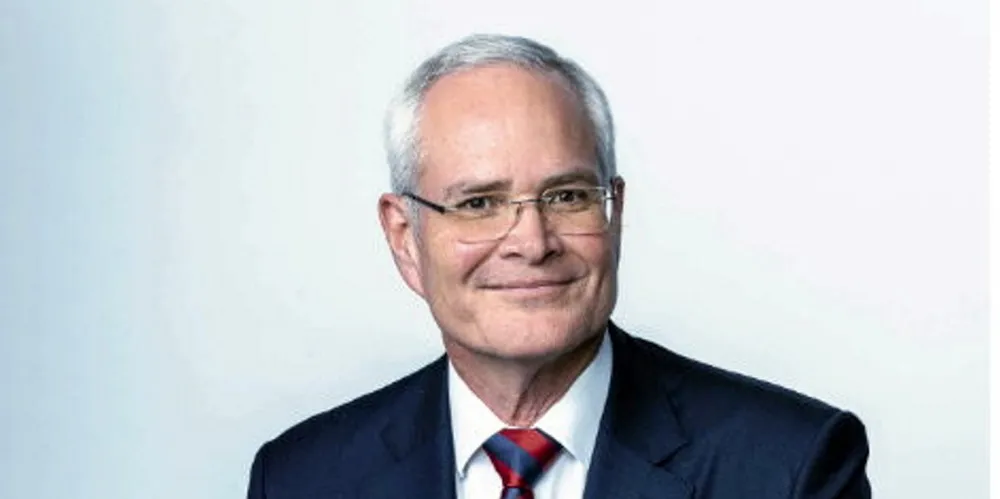ExxonMobil to develop US lithium supply in bid to become ‘leading producer’ of coveted EV battery input
Supermajor obtained production rights earlier this year in Arkansas and has targeted first output for 2027

US supermajor ExxonMobil has officially entered the lithium race after it announced it will drill its first well to extract the coveted battery raw material and set up lithium supply capacity in the US.
The company said on Monday it aims to become “a leading producer of lithium”, with first output expected in 2027.
ExxonMobil first made its first step in the lithium mining space earlier this year when it obtained rights over 120,000 acres of lithium-bearing areas of the Smackover formation, in Arkansas.
It is here that the company plans to develop the first production site, where lithium carbonate will be produced after separating it from brine formation.
The company is targeting the production of battery-grade lithium, which is material suitable for application in lithium-ion batteries for electric vehicles.
The venture seeks to capitalise on ExxonMobil’s experience in conventional oil and gas production know-how, including drilling, well engineering, management of extracted fluids, to expand into the battery raw materials space.
The operation will drill into reservoirs about 10,000 feet underground to reach lithium brine — lithium-containing salt water — to then separate the raw material through a process called direct lithium extraction (DLE).
“This landmark project applies decades of ExxonMobil expertise to unlock vast supplies of North American lithium with far fewer environmental impacts than traditional mining operations,” said Dan Ammann, president of ExxonMobil Low Carbon Solutions.
The lithium material to be produced under the new project will be marketed under the brand Mobil Lithium.
DLE-based lithium production is still relatively unscaled today, where global supply is covered by volumes produced through evaporation ponds extraction, mainly in South America, or from rock mining, in Australia and China.
DLE, through solvent-based filtering processes, can result in shorter production and processing times, while also using less land and water compared with conventional production. While it is more energy intensive than evaporation, lithium recovery and output can be higher.
If scaled — there is no commercial-scale DLE lithium operation active today — proponents believe the technology can unlock new lithium supply in areas outside the top producing countries of Australia, Chile, Argentina and China.
ExxonMobil said sourcing lithium domestically “will contribute to energy security, support manufacturing and advance US climate policy objectives”.
The US has a number of junior miners intent on developing lithium projects in the country, but no active producer today.
Lithium mining supply is currently led by Australia, with China by far the largest processor of the mineral into battery-grade feedstock. Western countries are seeking ways to reduce dependence on Asia, which also owns the largest share of global battery production for EVs.
The company said the geology of Arkansas, where oil and gas has been produced for years, is “well understood” and can enable the development of a lithium industry.
It added production through DLE results in less carbon emissions than hard rock mining and requires “significantly less land”.
The company did not disclose the production volume it expects to achieve, but said: “By 2030, ExxonMobil aims to be producing enough lithium to supply the manufacturing needs of well over a million EVs per year.”
According to TD Cowen Insight, the target would imply an output of around 50,000 tonnes per annum of lithium carbonate. The consultancy adds this "could generate" $800 million in Ebitda on the spot market, and involve a capital expenditure of some $2 billion.
Stanley Wittingham
Curiously, ExxonMobil helped pioneer the original lithium-ion technology in the 1970s by providing a team led by British chemistry professor Stanley Wittingham — who later won the Nobel prize in chemistry — with a research and development platform for the technology.
The supermajor got interested in alternative energies around the time of the 1973 oil shock, when concerns about peak oil supply also gripped the sector, but later sold off its lithium-ion patent in the early 1980s.